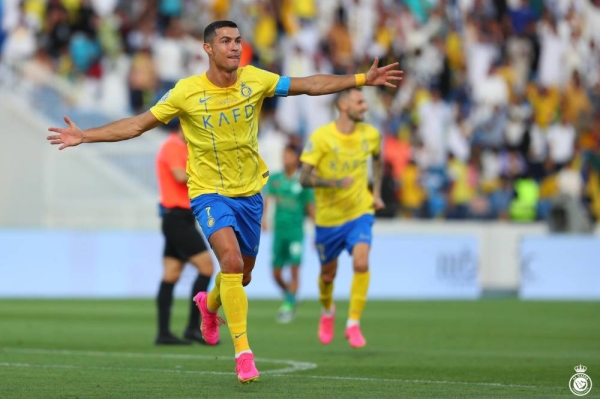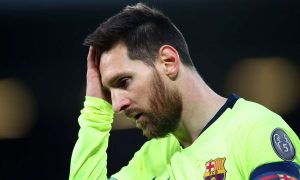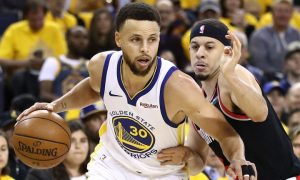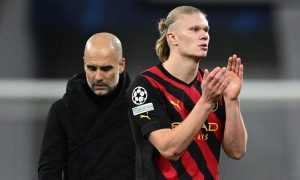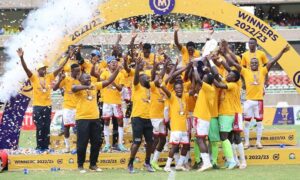The Saudi Pro League is set to commence on Friday amid unprecedented attention on Saudi football after a year of notable transfers and growing allegations of “sportswashing.”
Clubs in the oil-rich Gulf nation have successfully attracted global stars, with names like Karim Benzema, Jordan Henderson, and Sadio Mane following in the footsteps of Cristiano Ronaldo.
Recent reports revealed that Al-Hilal made a staggering 300-million-euro bid for Kylian Mbappe, though the Paris Saint-Germain forward reportedly declined to meet with club officials. A total of 18 clubs will participate in the league, each permitted eight foreign players.
“Saudi Arabia aims to emulate the English Premier League,” stated Simon Chadwick, Professor of Sport and Geopolitical Economy at Skema Business School in Paris. “The media is taking notice. I’m aware of people now inquiring about where to watch the Saudi Pro League.”
Just five years after allowing non-Muslim tourists and granting women the right to drive, Saudi Arabia is striving to open its traditionally conservative society to the world.
The world’s largest oil exporter has invested heavily in sports deals, including capturing Ronaldo, hosting Formula One in Jeddah, and the lucrative LIV Golf tour, although it often faces allegations of “sportswashing” its human rights record.
This aligns with Crown Prince Mohammed bin Salman’s comprehensive plans to modernize the Saudi economy and lessen its dependence on oil. Moqbel Al-Zabni, editor-in-chief of Al Riyadiah newspaper in the Saudi capital, expressed the country’s aspiration to make professional football in the Middle East and the Arab world a focal point.
Ronaldo’s arrival in January to play for Riyadh-based Al-Nassr club initially garnered global attention towards efforts to elevate the Saudi Pro League. The kingdom’s substantial salaries have enticed celebrity players, emerging talents, and top coaches. British director Peter Hutton, a member of the league’s board, referred to the project as an exceptionally ambitious and determined success story.
Manchester City manager Pep Guardiola remarked that the Saudi league has significantly altered the market, predicting more prominent players will migrate there. Despite criticism that Saudi Arabia’s lavish spending attempts to divert attention from human rights concerns, the influx of talent continues.
However, challenges remain, including issues with respecting the contracts and entitlements of new players. Last month, FIFA imposed a transfer ban on Al-Nassr for failing to pay £390,000 to Leicester City for the transfer of Nigeria striker Ahmed Musa in 2018.
Chadwick noted that Saudi football remains a work in progress, estimating it could take five to ten years to ascertain whether a sustainable, lasting transformation has occurred. The Saudi clubs’ performances in the Asian Champions League and their ability to engage football fans, in the long run, will be crucial indicators of success.
Chadwick raised pertinent questions about Saudi Arabia’s potential to replicate the influx of international football enthusiasts witnessed in the English Premier League. The nation’s journey to becoming a prominent force in global football remains to be seen.

